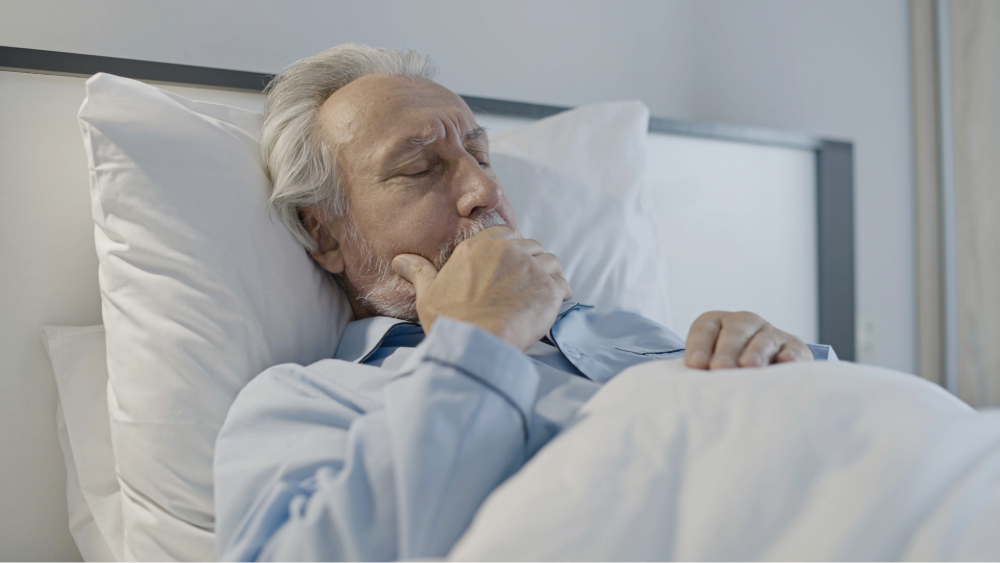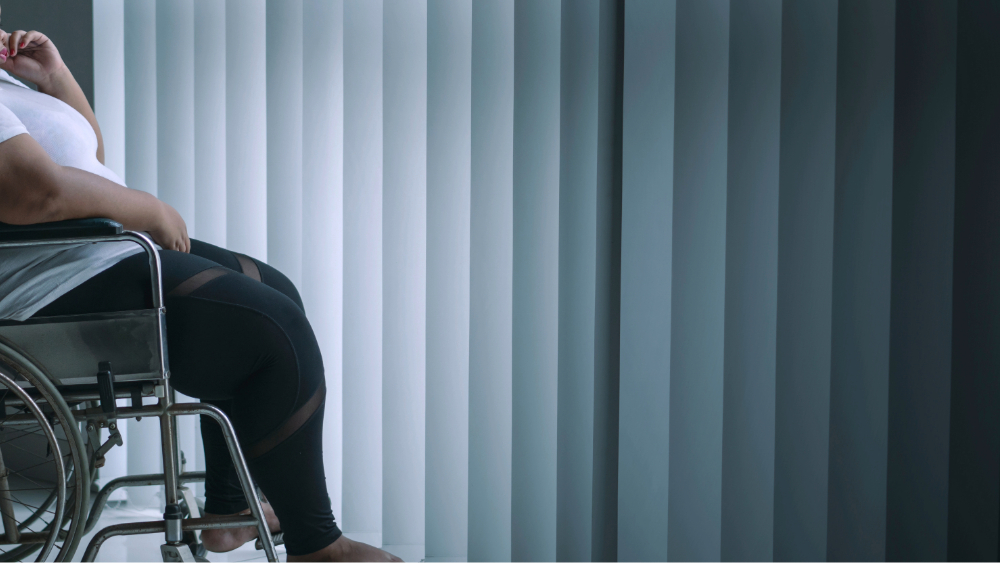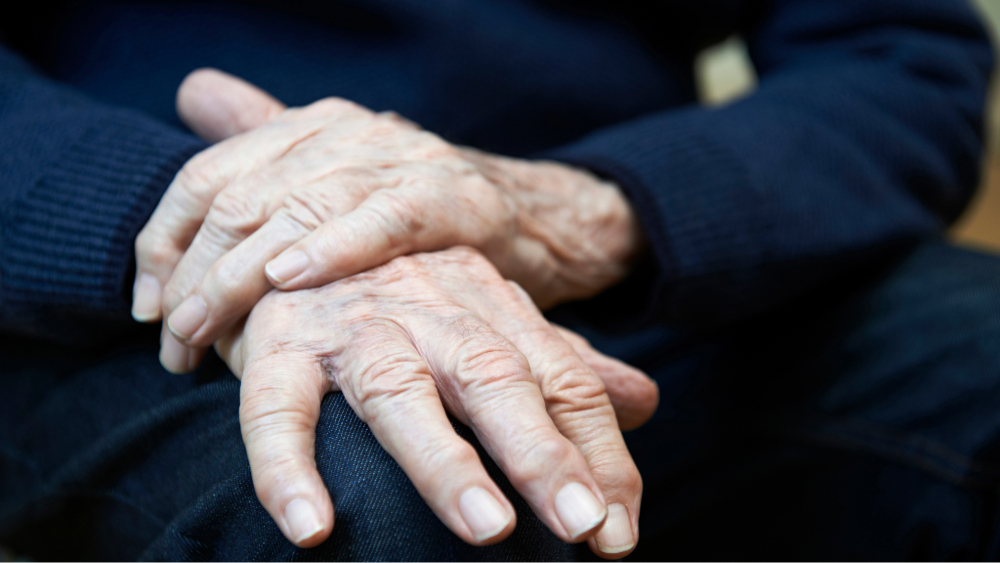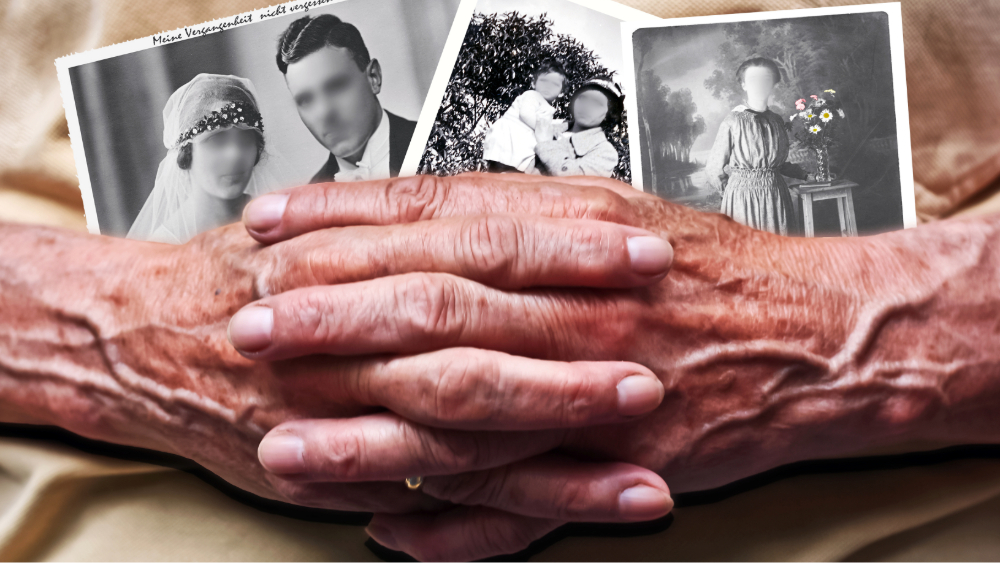Undoubtedly, COVID-19 has affected us all in some way or another, whether we’ve had to fight the virus itself, or we’ve seen other health conditions worsen in response to increased demands on health and social care services, or we’ve even had to cope with the effect lockdowns are having on our mental health.
As this virus is new, and our understanding of it is continually evolving, one thing we currently aren’t certain on is the long term effects. Clinicians and scientists across the world are working to find out what happens to people as they recover1.
COVID-19 Recovery
It is important to remember that every individual’s experience of COVID-19 is unique. Many people will make a full recovery. For some people, COVID-19 can cause symptoms that last weeks or months after the infection has gone. This is sometimes called post-COVID-19 syndrome or “long COVID”2.
It is expected that some individuals will have ongoing respiratory concerns, sleep problems, psychological impact, and fatigue. This blog will focus on fatigue; providing hints and tips on management, and how specialist seating can play a significant role.
What is Fatigue?
Everyone experiences tiredness at times, which can be relieved by sleep and rest. Fatigue is when the tiredness is so overwhelming and isn’t relieved by sleep and rest. It is also known as exhaustion or reduced energy.
Fatigue is very common after viral infections, such as COVID-19, and normally it settles after 2 or 3 weeks. However, in some people it can persist for longer.
Fatigue can affect all aspects of an individual’s life. It can significantly restrict their ability to engage in daily living, as well as having a negative impact psychologically and socially. It can leave people feeling dull and finding it difficult to concentrate or recall memories3.
Fatigue is linked with reduced quality of life.
If a person feels that they are suffering from overwhelming tiredness that isn’t relieved by rest and sleep, it may be worth consulting their GP for advice4.
How Can Posture Impact Fatigue?
Posture is directly related to an individual’s health and wellbeing. Good posture is essential for comfort, function and optimum physiological function. When the body is supported, stable and aligned appropriately segments work together efficiently, subsequently managing energy levels successfully.
Posture, the way in which a person holds themselves or positions their body segments, can have a significant impact on fatigue.
Poor posture affects fatigue by making inefficient use of the body structure and putting extra demands on it. The muscles tire more quickly because they have to work harder, which results in greater energy consumption.
Gravitational forces, as well as potentially leading to pressure injury and postural deterioration, can make sitting effortful for individuals who present with muscle weakness and abnormal muscle tone. Prolonged abnormal postures can also create more tension on the spine and lower limb joints, and increase the risk of contractures and deformities, which can lead to pain that can impact on fatigue.
Fatigue can be associated with scoliosis, an increased thoracic kyphosis, contractures, and pelvic instability, including a posterior pelvic tilt and pelvic obliquity. You can read more about these postural challenges in the Health section of our website: https://www.careflex.co.uk/health/
Seating Solutions
Early implementation of fatigue management strategies into daily life is critical, and could reduce the impact and the probability of fatigue becoming chronic5.
Managing a person’s posture through appropriate seating can promote energy conservation making it easier for them to live a meaningful life. Adequate postural management can enable individuals to maintain an optimal sitting position to encourage the body segments to work efficiently.
Pelvic stability can be encouraged with adjustable seat dimensions and base support. Trunk support is also vital to encourage an as midline position as possible at the spine and head. All body segments should be supported as fully and equally as possible through a range of chair functions and accessories.
A comprehensive seating assessment and chair trial will enable a suitable seating prescription.
Tilt-in-space can help individuals to manage their available energy levels and promote rest by reducing the effects of gravity for a period of time; they may then be able to conserve energy and allow them to direct it into activities of daily living important to them.
It is always imperative to consider comfort, as pain and fatigue affect one another. Back angle recline may be indicated to accommodate any hip contractures or a negative angle leg rest may be required to accommodate knee contractures, with the aim of increasing comfort. Personal preference is also fundamental!
Specialist seating should be used as part of a holistic 24-hour programme that also encourages a regular change of position for the individual to manage both posture and pressure appropriately.
General Hints and Tips
- Recognise that fatigue is real and be kind to yourself.
- Be open with family, friends, and colleagues on the impact fatigue is having on you to better their understanding.
- Work on good sleep hygiene; sleep hygiene is the name given to a set of practices designed to help you prepare you for sleep6. Image: https://www.yourcovidrecovery.nhs.uk/your-wellbeing/sleeping-well/
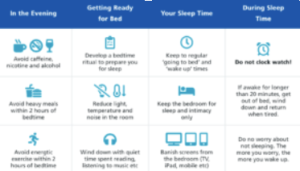
- Try relaxation techniques to help reduce stress; consider trying mindful meditation, aromatherapy, yoga, or any other activities you find relaxing, such as reading or having a bath.
- Plan your day in advance to build a regular routine.
- Prioritise the activities that are most important and seek support for others, where possible.
- Keep moving and do activities you find enjoyable as energy levels are helped by staying active.
- Eat well; a healthy diet can improve energy levels and promote good sleep hygiene.
- Keep an activity diary for one or two weeks to help you spot unhelpful activity patterns, such as irregular sleep patterns and ‘boom and bust’ behaviours.
The NHS has a dedicated section on sleep and tiredness on their website: www.nhs.uk/live-well/sleep-and-tiredness
You can also visit Sleepstation, a clinically validated sleep improvement programme, for insightful articles and useful resources that can help you sleep better: www.sleepstation.org.uk
Looking After Family or Friends
If you are caring for family or friends in need of ongoing support with daily life as part of their recovery from fatigue and COVID-19, whether that is in the home or remotely, please care for yourself too.
It’s important to look after yourself to avoid burning out. Eating a balanced diet, getting enough sleep and making time each day for some physical activity is critical to staying healthy. Remember to make time for yourself; even just taking a few breaths can relieve stress and help you manage each day7.
Carers UK offer a free helpline on 0808 808 777. If you are a young carer specific support is available via Carers Trust: www.carers.org/getting-support-if-you-are-a-young-carer-or-young-adult-carer/information-on-coronavirus-covid-19-for-young-carers-and-young-adult-carers
CareFlex are here to help. Please do not hesitate to get in touch with us to discuss any concerns you have about managing a loved one’s posture.
References:
- NHS (2020) How Can COVID Affect You? Available from: https://www.yourcovidrecovery.nhs.uk/what-is-covid-19/how-can-covid-affect-you/
- NHS (2021) Long-term effects of coronavirus (long COVID) Available from: https://www.nhs.uk/conditions/coronavirus-covid-19/long-term-effects-of-coronavirus-long-covid/
- NHS (2020) Fatigue Available from: https://www.yourcovidrecovery.nhs.uk/managing-the-effects/effects-on-your-body/fatigue/
- NHS (2018) Self-help tips to fight tiredness Available from: nhs.uk/live-well/sleep-and-tiredness/self-help-tips-to-fight-fatigue/
- NHS England (2020) After-care needs of inpatients recovering from COVID-19 Available from: https://www.england.nhs.uk/coronavirus/publication/after-care-needs-of-inpatients-recovering-from-covid-19/
- NHS (2020) Sleeping Well Available from: https://www.yourcovidrecovery.nhs.uk/your-wellbeing/sleeping-well/
- Department of Health & Social Care (2020) Looking after friends or family when they leave hospital: leaflet Available from: https://www.gov.uk/government/publications/looking-after-friends-or-family-when-they-leave-hospital-leaflet
